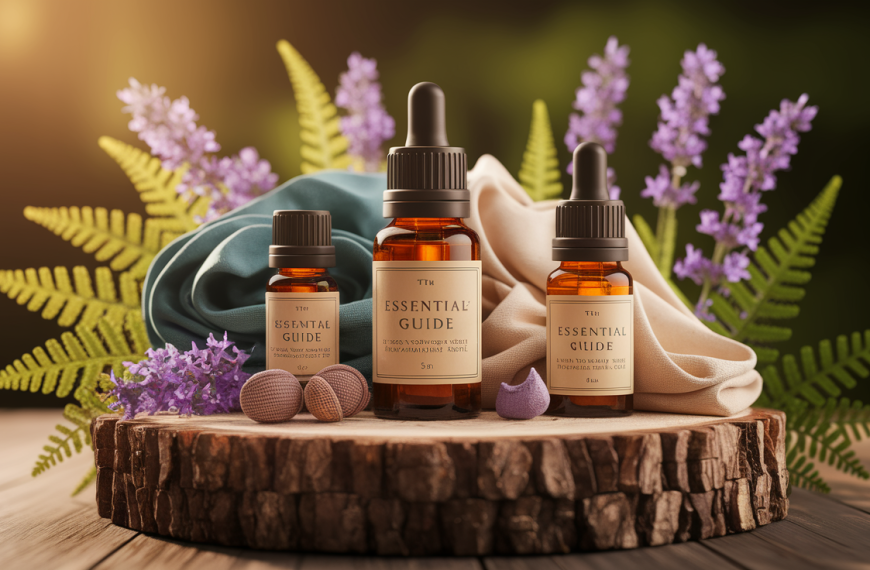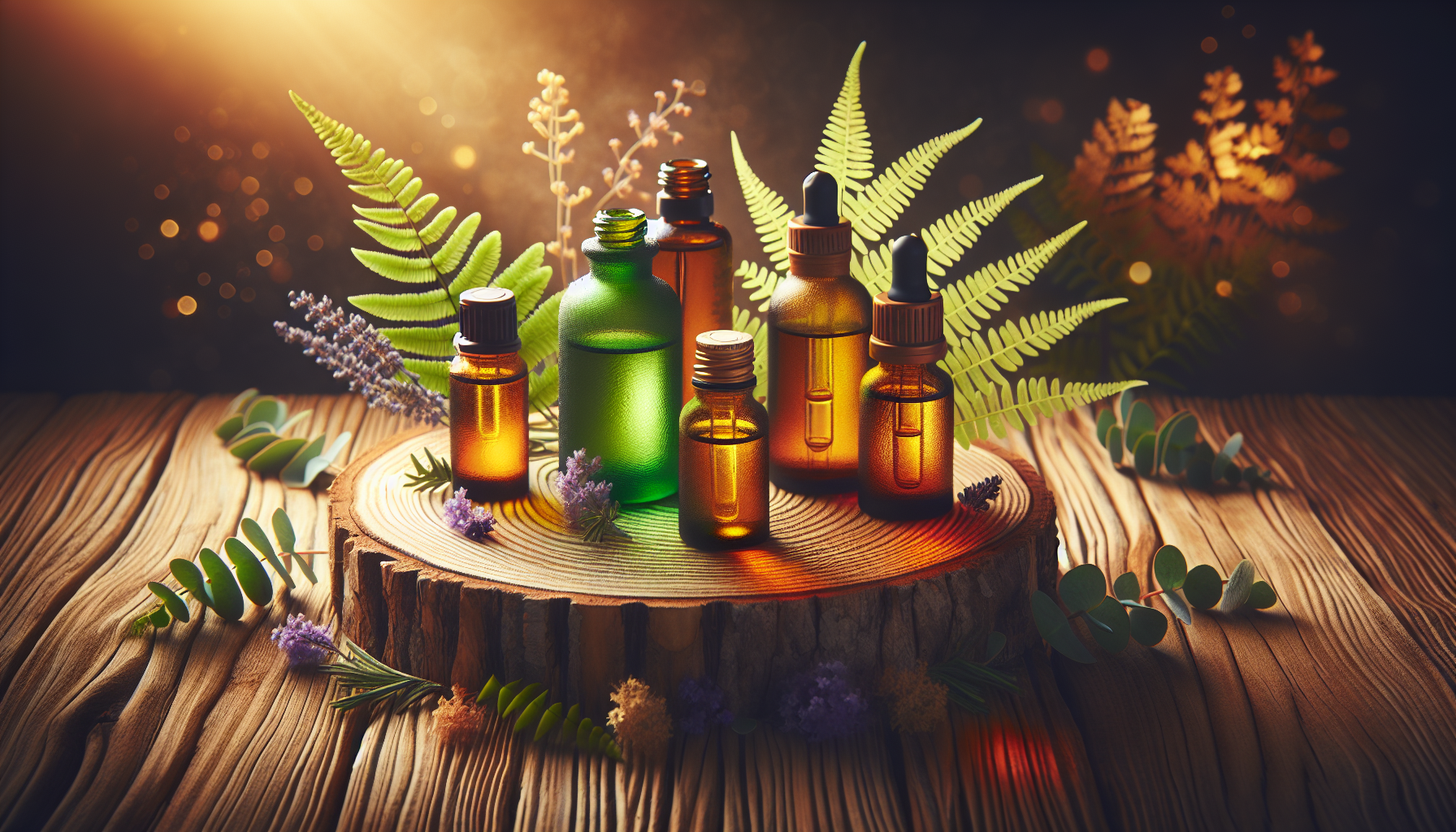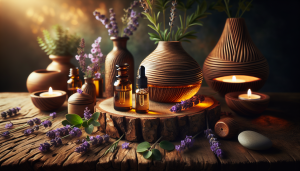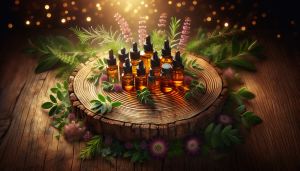The moment I discovered essential oils for cleaning, my entire approach to housekeeping transformed. Gone were the days of harsh chemical smells that made my eyes water and throat tickle. Instead, my home began smelling like a botanical garden while still maintaining that coveted “clean” feeling we all desire.
Fresh Start: How Essential Oils Transform Your Cleaning Routine
Essential oils aren’t just pleasant fragrances – they’re powerful natural compounds extracted from plants with remarkable cleaning capabilities. What makes these botanical wonders so effective is their natural antimicrobial properties that can combat bacteria, viruses, and fungi while simultaneously improving your indoor air quality.

I’ve found that incorporating essential oils into my cleaning routine offers multiple benefits beyond just surface cleanliness:
- They provide powerful odor neutralization without masking smells with artificial fragrances
- Many oils offer grease-cutting capabilities that rival commercial products
- The aromatherapeutic effects can actually improve your mood while cleaning
- They create a non-toxic cleaning environment safe for children and pets
What truly amazes me is how these natural oils can effectively handle surface disinfection, tackle stubborn kitchen grease, and leave your home smelling divine – all without the chemical residues found in conventional cleaners. This is eco-friendly cleaning at its finest!
Top Essential Oils for Cleaning
After years of experimentation, I’ve identified several essential oils that stand out for their cleaning prowess. Each brings unique properties to your natural cleaning arsenal:
Lemon Essential Oil
My go-to for kitchen cleaning, lemon oil contains d-limonene, a natural compound that dissolves grease and reduces bacteria by up to 99% (including nasty pathogens like Salmonella and E. coli). The bright, uplifting scent makes it perfect for all-purpose cleaners and dish soap. I’ve found it particularly effective for removing sticky residues and freshening cutting boards.
Tea Tree Essential Oil
When battling mold and mildew, tea tree oil is my secret weapon. Its powerful antifungal properties make it ideal for bathroom cleaning and deterring household pests like roaches. I’ve successfully used it for cleaning washing machines naturally, eliminating that musty smell that can develop over time.

Pine Needle Oil
For deep cleaning carpets and floors, pine needle oil works wonders. Studies have shown it has antipathogenic effects against 13 different bacteria and fungi strains. The fresh, woodland scent immediately transforms any space, making it perfect for deodorizing carpets and improving air quality.
Myrtle Oil
A lesser-known cleaning powerhouse, myrtle oil contains cineole with strong antibacterial properties. Research from 2018 indicates it’s particularly effective against staph infections. What I appreciate most about myrtle oil is that it’s gentle enough for homes with sensitive skin concerns when properly diluted.
Lavender Essential Oil
Beyond its calming properties, lavender oil offers antimicrobial benefits, making it perfect for refreshing laundry and linen. I love adding a few drops to my homemade linen spray for naturally fresh-smelling bedding without chemical fabric softeners.
Orange Oil
Similar to lemon oil, orange oil contains potent citrus compounds that cut through grease and grime. I’ve found products like Medina Orange Oil particularly effective for tough cleaning jobs while leaving behind a refreshing scent that energizes the whole house.
DIY Cleaning Recipes with Essential Oils
Creating your own essential oil cleaning products is both economical and empowering. Here are some of my tried-and-true DIY cleaning recipes:
All-Purpose Cleaning Spray
This is my daily go-to for countertops, tables, and most hard surfaces:
- 2 cups water
- 1/2 cup white vinegar
- 10 drops lemon essential oil
- 5 drops tea tree essential oil
- 5 drops lavender essential oil (optional, for scent)
Combine in a glass spray bottle, shake well before each use, and watch how effectively it cuts through everyday grime while disinfecting surfaces naturally.
Grease-Cutting Kitchen Cleaner
For stubborn kitchen messes and stovetop cleaning:
- 1 cup warm water
- 1/4 cup castile soap (like Dr. Bronner’s)
- 15 drops lemon or orange essential oil
- 5 drops eucalyptus essential oil
This formulation enhances grease removal while leaving your kitchen smelling fresh rather than chemical-laden.

Bathroom Mold and Mildew Spray
For those challenging bathroom areas:
- 1 cup white vinegar
- 10 drops tea tree essential oil
- 5 drops pine needle oil
- 5 drops myrtle oil
Spray on shower walls, tubs, and other mold-prone areas. Let sit for 10-15 minutes before wiping with a microfiber cloth. This combination is one of the best essential oils for cleaning bathroom mold naturally.
Wood Surface Polish
For nourishing and cleaning wood surfaces:
- 1/4 cup olive oil
- 1/4 cup white vinegar
- 10 drops lemon essential oil
- 5 drops cedarwood essential oil
Apply with a soft cloth, working with the grain. This recipe leaves wood surfaces gleaming without the silicone buildup of commercial polishes.
Carpet Refresher
To deodorize carpets between deep cleanings:
- 1 cup baking soda
- 15 drops of your preferred essential oil (lavender and pine make a lovely combination)
Mix thoroughly, sprinkle on carpets, let sit for 15-20 minutes, then vacuum. This simple recipe eliminates odors rather than masking them.
For those interested in incorporating these scents throughout your home without traditional cleaning, check out how to use essential oils to scent a room without a diffuser.
Safety First: Best Practices and Precautions
As much as I love essential oils for cleaning, I’ve learned some important safety considerations over the years:
Proper Dilution is Non-Negotiable
Essential oils are highly concentrated plant extracts that should never be undiluted on surfaces or skin. The correct dilution ratio for essential oils in cleaning typically ranges from 10-20 drops per cup of water or carrier (like vinegar). Always err on the side of caution – you can always add more if needed.
Storage Matters
Store your DIY cleaning products in glass containers whenever possible. Essential oils, especially citrus varieties, can degrade plastic over time. Keep your homemade essential oil cleaning solutions labeled with ingredients and dates – most will last 2-4 weeks when properly stored.

Pet and Child Safety
Not all essential oils are safe around pets, particularly cats who lack certain liver enzymes to process oils. Oils to avoid around felines include tea tree, pine, citrus, and eucalyptus. For households with small children, ensure cleaning products are stored safely out of reach, just as you would with conventional cleaners.
Test First
Before using any essential oil cleaning solution on delicate surfaces or fabrics, test in an inconspicuous area first. Some oils, particularly citrus ones, may cause discoloration on certain materials.
Understand Limitations
While essential oils offer impressive antimicrobial properties, they primarily function as odor neutralizers rather than heavy-duty disinfectants. You may need to supplement with other methods for situations requiring hospital-grade sanitation.
It’s also worth noting that the essential oil industry has unregulated quality standards in the US market, so sourcing high-quality oils from reputable companies is crucial for effective cleaning results.
Sparkling Finish: Embrace Oil-Powered Cleanliness
Transitioning to essential oils for cleaning has been one of the most rewarding changes I’ve made in my home. Beyond the obvious benefits of reducing chemical exposure and creating a more eco-friendly cleaning routine, there’s something deeply satisfying about cleaning with ingredients you can pronounce and scents derived from nature.
Whether you’re just starting with a simple all-purpose spray or ready to overhaul your cleaning cabinet with DIY solutions completely, essential oils offer a versatile, effective approach to natural home care. Combining antimicrobial properties and aromatherapeutic benefits transforms cleaning from a chore into an almost meditative practice.

I encourage you to start small – perhaps with a single recipe that addresses your most common cleaning need – and gradually expand your natural cleaning arsenal as you discover which oils and combinations work best for your home. You might be surprised how quickly you can achieve a clean, fresh-smelling home without reaching for conventional products.
Remember that creating a naturally clean home isn’t just about the physical absence of dirt and germs—it’s about cultivating a space that supports your well-being on every level. With essential oils as your cleaning companions, you’re not just removing dust and grime—you’re infusing your environment with nature’s purifying essences.













